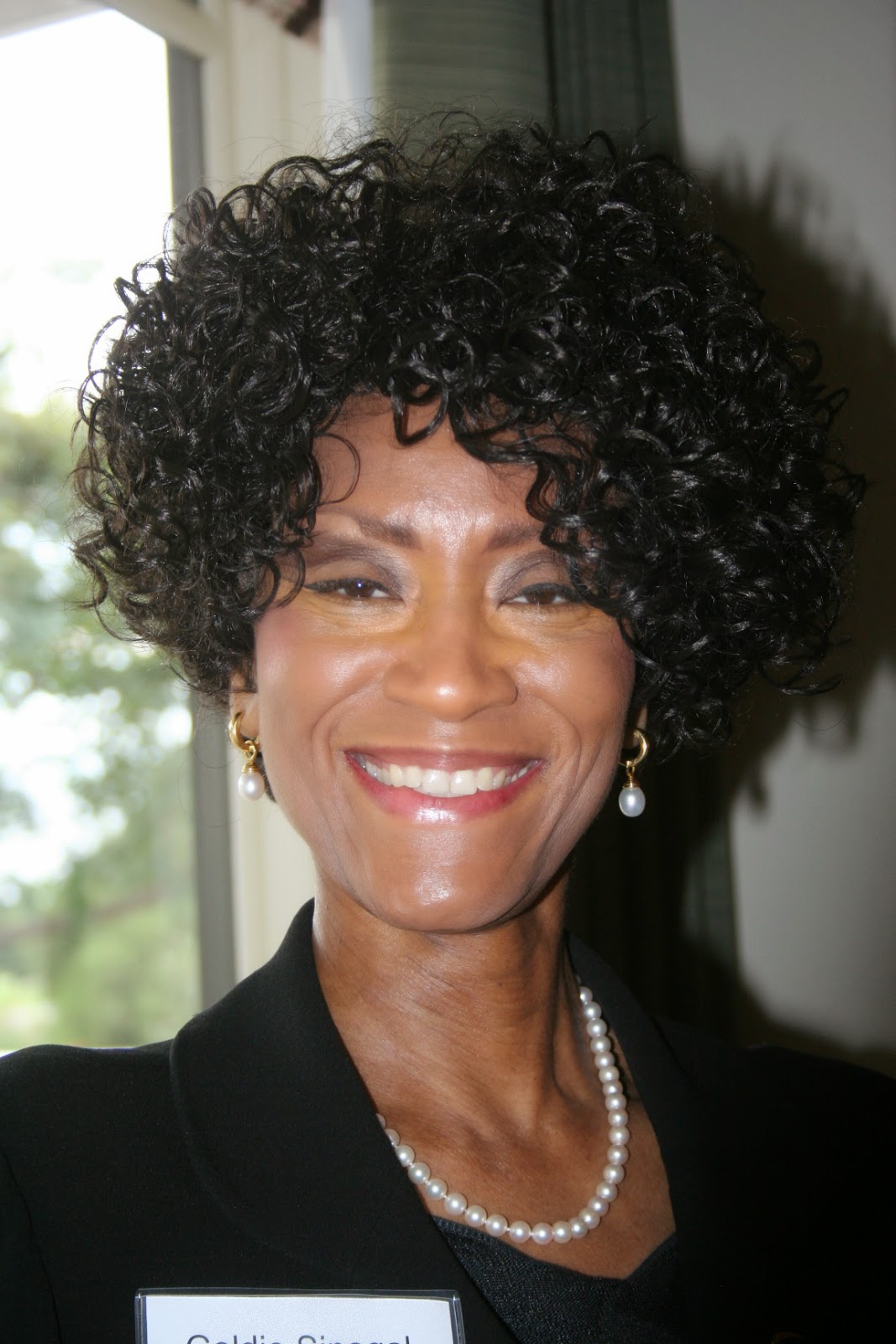Shining the Light on Parkinson’s Disease: A Loving Tribute. Part 4 of 4
After hearing about all the encouraging news on the progress being
made on the research and funding of Parkinson's disease, we are still left with
perhaps the most important part of the equation: The caregiver's
perspective on dealing with the challenges of a patient diagnosed with the
illness.
Treatment needs to be addressed from two
flanks: The clinical/patient side, and the caregiver side. From a
caregiver’s perspective, there is a pre-Parkinson’s and a post-Parkinson’s
life.
A partner who is the healthy one in the marriage
--that rarely takes medications, a lover of sports that makes marathon-running
a second career; a lover of education with two Master’s degrees, a good dresser
and more importantly, a charming and positive thinker with a great outlook of
life-- can suddenly become a statistic in the number of patients diagnosed with
Parkinson’s.
This is just a brief, loving summary of how
Goldie Sinegal described her adoring husband and friend, Herman
Dustman. They just celebrated 32 years of marriage in 2014.
Goldie and Herman used to love taking long
walks. But after a knee surgery, Goldie noticed a couple of unusual
things during their traditional walks. Herman did not swing his left
arm like he used to, he shuffled instead of walking and bent forward. An
avid athlete, he suddenly wanted to rest more.
“Denial a two- way sword", comments
Goldie. She had no real information on Parkinson’s and always
encouraged Herman to be who he once was. But that just aggravated
the situation. They went to see a neurologist after reading
about the symptoms of Parkinson’s; he had all of them. The
tremble she had noticed, along with all these “little” things suddenly made all
the sense in the world. The San Diego District Manager for the
California Lottery had been diagnosed with this incurable illness.
Determined not to see in others the outcome of this
terrible disease, a state of complete denial now ruled their time
together. Knowing then that depression is part of the disease,
Goldie started noticing the effects of a severe depression in her husband,
along with the major changes in HER life. She found herself
being pushed into a leadership role (vs. a joint venture agreement), and found
it difficult to just slow down for her husband.
Seeking for ways to cope, Goldie and Herman became
part of the Minds in Motion program. The way they used to make
decisions together gave them the context to make the right decision to address
Parkinson’s disease: front and forward, AND together, like it had always
been. The outcome is amazing and very positive. They have
learned how others are coping with the disease and share the challenges they
face every day.
And among all the challenges that come from
care giving and being cared for as an independent man, one thing remains
certain: The have pledged to live life as fully as and well as they
can.
About the Doris A. Howell Foundation:
The Doris A. Howell Foundation for Women’s Health Research is committed to keeping the women we love healthy, advancing women’s health through research and educating women to be catalysts for improving family health in the community.
The organization does so by funding scholarships to scientists researching issues affecting women’s health; providing a forum for medical experts, scientists, doctors, researchers, and authors to convey the timely information on topics relevant to women’s health and the health. of their families through its Lecture and Evening Series, and by funding research initiatives that will create women’s health awareness and advocacy in the community.
The Doris A. Howell Foundation for Women’s Health Research is committed to keeping the women we love healthy, advancing women’s health through research and educating women to be catalysts for improving family health in the community.
The organization does so by funding scholarships to scientists researching issues affecting women’s health; providing a forum for medical experts, scientists, doctors, researchers, and authors to convey the timely information on topics relevant to women’s health and the health. of their families through its Lecture and Evening Series, and by funding research initiatives that will create women’s health awareness and advocacy in the community.
For more information about the Doris A. Howell Foundation, please visit www.howellfoundation.org




Comments
Post a Comment